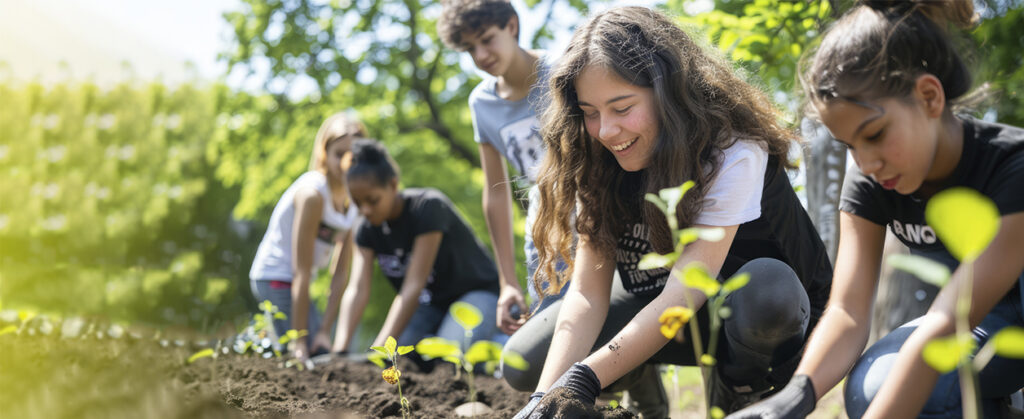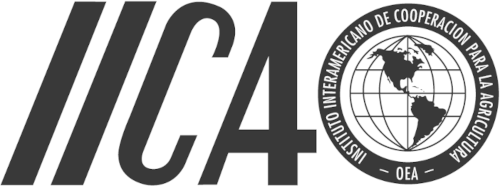PROGRAMA DE EQUIDAD DE GÉNERO Y JUVENTUDES

¿Qué es el Programa de Equidad de Género y Juventudes?
In 2022, the Inter-American Institute for Cooperation on Agriculture (IICA) launched the Gender Equity and Youth Program (PEGyJ) to directly and specifically address gender inequalities and strengthen technical cooperation with its Member States.
What does the Gender Equity and Youth Program offer?
The Gender Equity and Youth Program, with a gender-intersectional and intergenerational approach, drives transformative actions to empower rural women and youth.
This initiative aims to close structural gaps through technical cooperation, including activities with Member States and strategic alliances in agri-food systems, such as knowledge exchange, capacity-building, strategic process advising, public policy design, and the development and implementation of tools and methodologies, among others.
Some of the program's flagship initiatives include forums that create spaces for dialogue on gender equality and youth issues, as well as training programs that promote rural women’s empowerment and professional development.
Why is it important to incorporate a gender perspective in agri-food systems?
Gender equality and youth inclusion in agricultural and rural development processes are essential for the present and future. Ensuring full participation of women and youth, with equal opportunities, requires facilitating access to resources and benefits, strengthening their capacities, and supporting their ability to influence outcomes. This aligns directly with the Sustainable Development Goals (SDGs) of the 2030 Agenda.
Women play a crucial role in global agri-food systems. Although they produce half of the food that nourishes the continent, they often face significant barriers to accessing productive resources like land and credit, as well as marketing opportunities. Additionally, rural women often bear a disproportionate burden of caregiving responsibilities, which consumes much of their time. At IICA, we believe that the key to reducing these inequalities and improving conditions for rural women lies in education and training, inclusion in decision-making, and increasing the visibility of their work and challenges.

